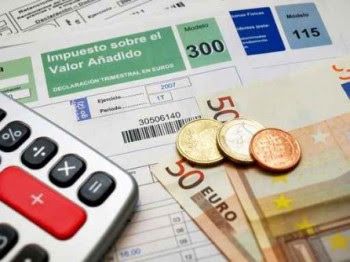
Declaring taxes in Spain can seem like a complicated process, especially if you are a tax resident in the country. In this article we will look at the basic steps required to correctly declare tax residency in Spain and pay taxes.
Determination of tax residency
Under Spanish tax law, a tax resident is defined as a person who either resides in Spain for more than 183 days per year or has his or her main base of economic interest in the country.
Tax liabilities
As a tax resident in Spain, you are required to declare your income from both Spain and abroad. This includes income from wages, real estate, investments and other sources.
Steps to declare taxes
Obtain a Número de Identificación de Extranjero (NIE): This is a unique identification number required for all tax and financial transactions in Spain. You can get it from your local police department (Comisaría de Policía) or consulate.
Fill out a tax return (Declaración de la Renta): The tax return is filed annually and includes information about your income for the previous tax year.
Consider tax deductions and exemptions: In Spain, there are various tax deductions and exemptions that can reduce your tax burden. This can include deductions for children, mortgage interest and other expenses.
Pay your taxes: After completing your tax return, you will need to pay your taxes or request a refund of overpaid amounts.
Meet deadlines: It’s important to meet tax filing and payment deadlines to avoid penalties and trouble with the IRS.
Consultation with a tax specialist
For more detailed information and assistance in declaring taxes as a tax resident in Spain, it is advisable to contact a qualified tax advisor or accountant. This will help you avoid mistakes and optimize your tax status in accordance with the country’s legislation.
In conclusion, declaring taxes as a tax resident in Spain can be a complicated process, but with the right preparation and consultation with an expert, you can handle the task without too much trouble.

